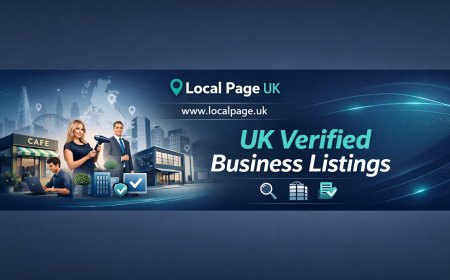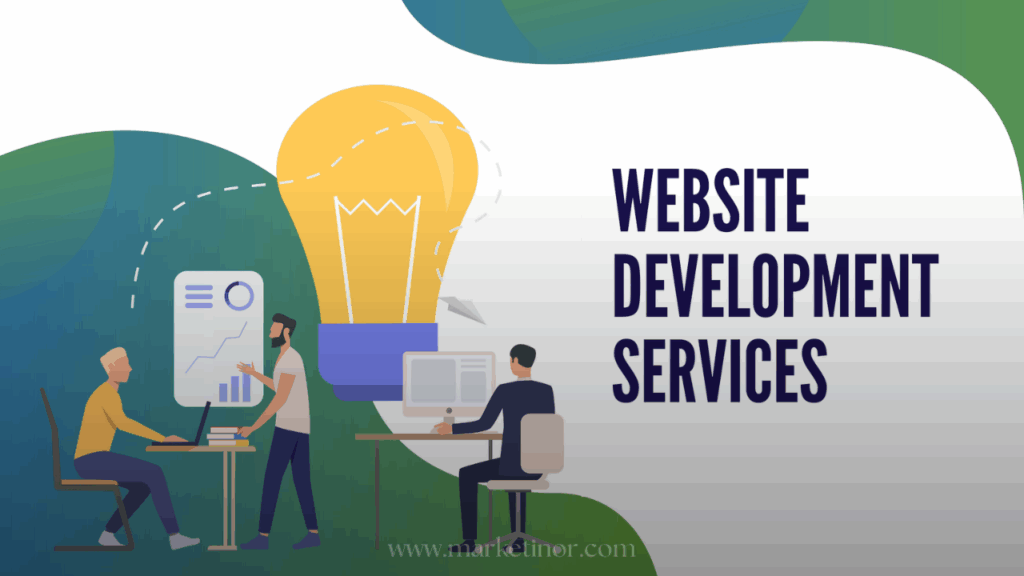Custom Versus Off-The-Shelf LMS Development: What You Need To Know
Discover the distinctions between bespoke and off-the-shelf LMS solutions. Discover the benefits, drawbacks, costs, and how to choose the best LMS system for the needs of your business.


Introduction
As digital learning is on the rise, Learning Management Systems (LMS) are a great tool to have for both educational institutes as well as corporate learning and training. For these organizations, the next best thing is to go for custom built LMS solutions.And now, the big question: is it the way to go for custom-built LMS solutions or would off-the-shelf platforms be better? As the demand for LMS development services grows, the decision between custom and off-the-shelf solutions is playing a crucial role in delivering effective digital education strategies. The need of the LMS system is increasing, and consequently LMS development services providers add different customized and off-the-shelf solutions. 3 Great strategies in LMS development services can make a difference on How Well a System Will Fit your Learning Objectives, Budget and Scale objectives.
Understanding LMS Development: The Basics
What is a CMS?
LMS is a software app that is used to manage, deliver, and track your online learning programs and training courses. It allows institutions and organizations to deliver a mix of different learning materials, track users activities, analyze performance, and create tools to easily communicate with users and instructors.
Key Features of an LMS:
-
User and role management
-
Course creation and management
-
Progress tracking and analytics
-
Assessment tools and quizzes
-
Third-party tool integrations (Zoom, Google Classroom, etc.)
-
Mobile accessibility
Customized LMS Development: Designed especially for you
Pros:
Pure Custom: Customized to your organizations precise workflow, branding and learning style.
Scalable: Can be easily scaled upwards to meet your future needs as your business grows.
Key Features:Custom tools and integrations can develop based on your requirements.
Security: proprietary platforms can be customized to enforce only its own security.
Cons:
Increased Initial Investment: Constructing a new building is costly.
Longer Set-Up Time: It can be a matter of months to create a fully operational LMS.
Sustained: Rear its so-long-looking head, maintenance: your site will need to be updated on the regular and supported technically.
When to Select Custom LMS Development:
-
You have unique learning workflows
-
Brands and UX come first
-
You need internal linkage with legacy systems
-
You have the budget Ability to keep maintained by the team
Off-the-Shelf LMS: Ready-to-Use Platforms
Pros:
Fast Implementation: Can get you up and running in days.
Low Upfront Cost: Licensing costs are typically less than a custom build.
Tested and compatible: Take advantage of these proven solutions used by multiple organizations.
Support Some give you access to documentation, updates and in some it comes with support.
Cons:
Not Flexible: It is difficult to modify it according to need.
Costs Over Time: Monthly or annual subscriptions can be expensive in the long run.
Feature Overload or Shortfall: You might be saddled with functionality you dont want and left without some that you do.
Popular Off-the-Shelf LMS Platforms:
-
Moodle
-
TalentLMS
-
Blackboard
-
Canvas
When to Choose Off-the-Shelf LMS:
-
You need a quick solution
-
Budget is limited
-
Standard features meet your requirements
-
You're not needing heavy integration into backend systems
The cost comparison: custom vs. off-the-shelf LMS workshop
Custom LMS Development Services:
-
First Time Investment: $20,000 to $100,000+ (based on specific features)
-
Maintenance: Continuous expenses to maintain, update, support and scale the product
-
Self-hosted (brings server and security requirements)
Off-the-Shelf LMS Platforms:
-
Cost: $2 to $20+ per user per month
-
Setup Costs: Vendor fees may apply.
-
Personalization: Limited and may add to the cost.
Though custom LMS development services entail higher initial outlay, they might prove less expensive in the long run if you operate with a big number of users and have some extras to implement.
Scalability and Flexibility
Key factor for influence is scalability. Custom LMS solutions can be built but future-proofed off-the-shelf systems might be stretched as your user base or feature expectations expand.
Custom LMS:
-
Future features can be implemented one by one
-
Better control over the structure of your data and its performance characteristics
Off-the-Shelf LMS:
-
May offer limited scalability
-
Requiring the vendors roadmap for adding new features
Security and Compliance
(Oh, and security is crucial, especially if you're an organization handling sensitive personal, financial, or medical information.)
Custom LMS Development Services:
-
Implement organization-specific security protocols
-
Easier to be compliant with regulations like GDPR or HIPAA, etc.
Off-the-Shelf LMS:
-
Security managed by the vendor
-
May not require all the compliance you need
-
Support and Maintenance
Custom LMS:
-
You manage updates and you're developer has to fix things
-
Has pretty much control & customization though needs technical knowledge.
Off-the-Shelf LMS:
-
Vendor manages most of the support and maintenance
-
Support might be delayed or limited
-
Making the Right Choice
Consider These Factors:
What is your budget?
-
Are there particular functionalities or use-cases that you require?
-
When will you need the LMS up and running?
-
How much personalization and control is necessary?
-
Do you have a dev team that can assist you in the future?
There is a tendency that smaller firms and start-ups purchase the packaged solutions, whereas larger firms or organizations with unique requirements prefer developing custom LMS through developer.
Conclusion
Deciding between custom vs. ready-made LMS solutions is based on your objectives, your means and your plans for the future. Custom LMS development solutions are highly flexible and scalable, which is best suited for organizations that have unique and complex training requirements. Off-the-shelf solutions, conversely, are ideal for rapid deployment and/or constrained pocket books. By knowing the pros and cons of each, you can make sure that whatever you choose best supports learning and fuels organizational growth.


























